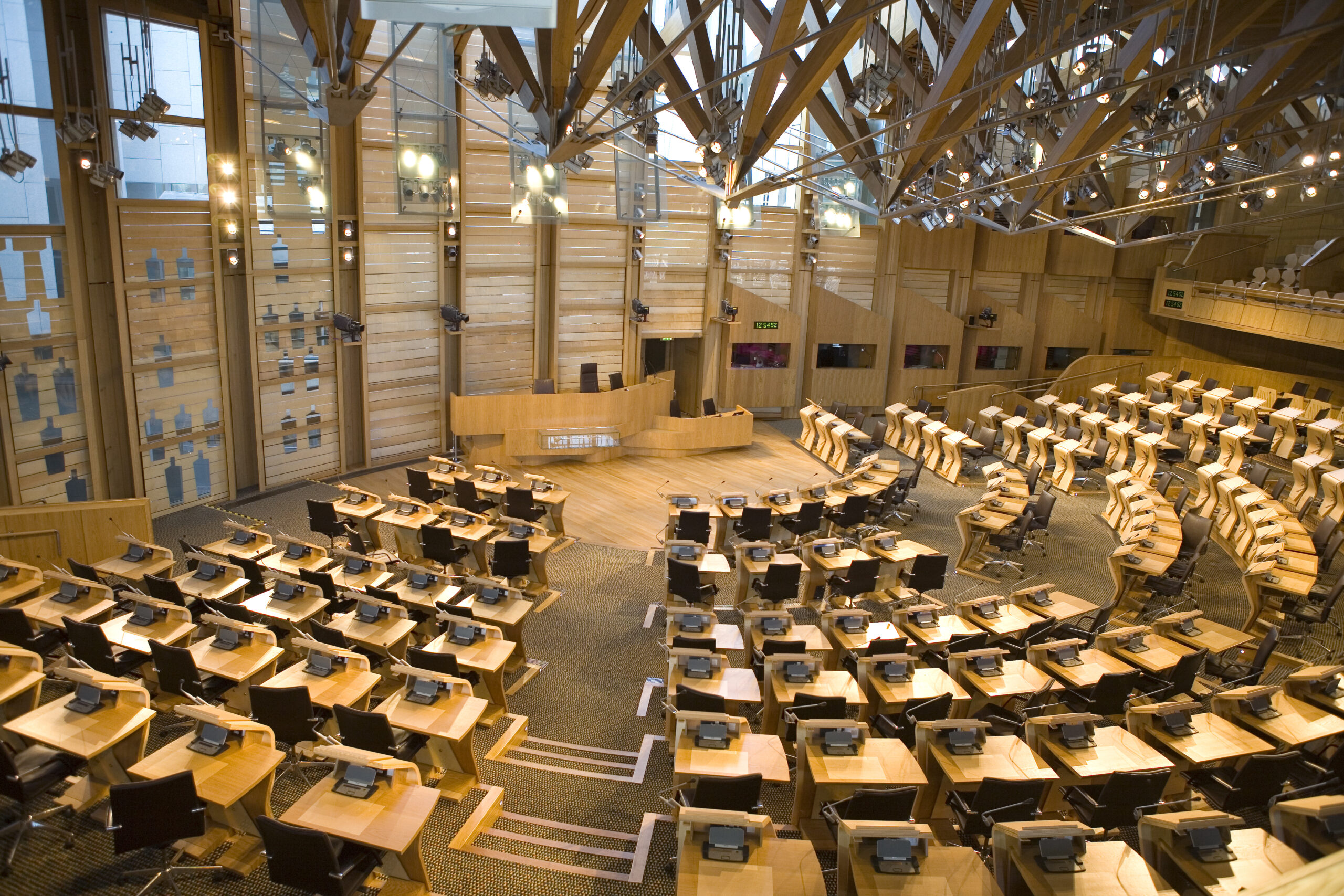Today’s (18 April 2024) announcement by Net Zero minister Mairi McAllan that the Scottish Parliament’s flagship 2030 Climate Change target is out of reach, is a failure to those most vulnerable to climate change, says climate charity Ashden.
The Scottish government had a target of reducing greenhouse gas emissions by 75% by 2030 and while the ultimate aim of achieving “net-zero” emissions by 2045 will persist, there’s a possibility that the government might do away with its annual climate targets.
This consideration arises as ministers have failed to meet eight out of the last 12 annual targets, and they’ve been advised that attaining the 75% milestone by the decade’s end is unrealistic.
“The fact that Scotland is missing an ambitious climate target for 2030 does not look good. But instead of this becoming another front in a net zero culture war, we should remain focused on the massive economic benefits of getting back on track” says Will Walker, UK Policy Lead.
“The CBI has shown that the UK net zero economy is nearly twice as productive as the national average, and the big trading blocks around the world – the US, Europe, China among them – are putting the pedal to the metal.
“Government is responsible for missing these targets – leadership and policy failures can be traced back to both Holyrood and Westminster – but it is the people, communities, SMEs and ultimately, UK plc, that will lose out if we do not accelerate on net zero.
“Missing national emissions targets in Scotland is obviously a problem. However, it is the action we take now that really matters and the lack of a long-term, coherent, policy framework that works with the grain of local action and delivery is the bigger issue here.”
Ashden points to polling published by the ECIU today that shows that voters in Scotland overwhelmingly support net zero and the policies needed to get us there, including more clean, homegrown onshore wind and solar, and mass roll-out of insulation to create warmer homes.
“Local climate action is what people want, it is cheaper, fairer and brings greater benefits. It is essential if we are to deliver a just transition for our communities. We urgently need the UK and devolved governments to put in place the policy framework and unlock the necessary powers and resources for a locally led net zero.”

